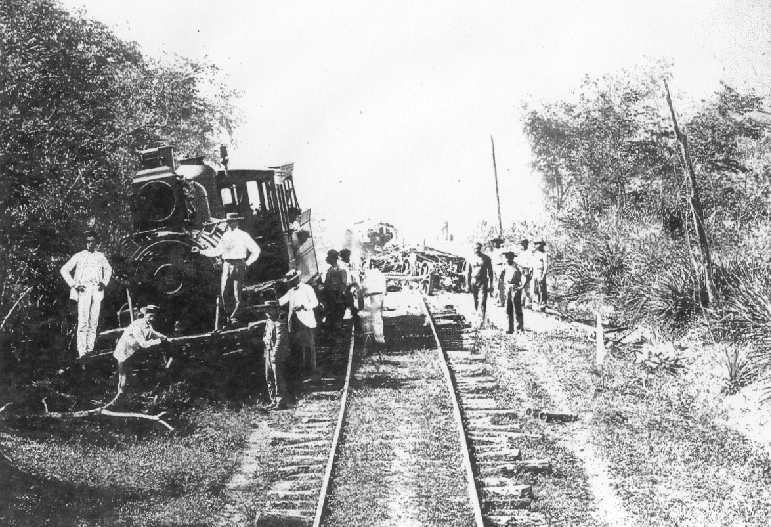AMERICAN TROPICS: TOWARDS A LITERARY GEOGRAPHY
|
AMERICAN TROPICS: TOWARDS A LITERARY GEOGRAPHY
|

Cuba in the Nineteenth Century
An Interdisciplinary Symposium at the University of Essex
Thursday 5 May 2011
Organised
by
Matthias Röhrig-Assunçao (History)
Peter Hulme (LiFTS)
Registration and accommodation
The nineteenth century began with Cuba being excluded from the wars of independence which soon freed most of Spanish America from Spanish control. It ended with the US invasion of the island, which finally removed Spain’s last footholds from the American continent, but which established the USA as the dominant force it remained on the island until 1959. Between times Cuba’s slave economy made many fortunes, mostly through sugar; a creole elite developed a rich intellectual culture; slave revolts were suppressed; the first war of independence was launched and eventually defeated; and Cuba’s greatest intellectual and political figure lived and died.
Programme
Click on speaker to see abstract
All papers will be 20 minutes long
All the papers are in LTB10
9.45 Coffee and gathering [outside LTB10]
10.00-11.15 Session 1
Manuel Barcía Paz (Leeds)
Atlantic Revolutions: West African Islam in Cuba, 1804-1844
Camillia Cowling (Nottingham)
Across the Miles: Slavery, Mobility and the Law in Nineteenth-Century Cuba
Coffee [outside LTB10]
11.45-1.00 Session 2
Michael Zeuske (Cologne)
The Amistad and the Amistad-Project: Cuba and the Hidden Atlantic in the
Nineteenth Century
Catherine Davies (Nottingham)
Cienfuegos in the 1840s
Lunch [Ivor Crewe Lecture Hall Seminar Room]
2.00-3.15 Session 3
Lisa Paravisini (Vassar)
The Ciénaga de Zapata and the
Foundations of José Martí’s Environmental Thought
Peter Hulme (Essex)
The Glorious Route: Tracing Martí’s Last Journey
Tea [outside LTB10]
3.45-5.00 Session 4
Robin Blackburn (Essex)
Empire and Revolution in the 1870s:
the Role of the Foreign Bondholders in Spain and Cuba
Round table discussion
Sponsored by
American Tropics: Towards a Literary Geography (AHRC project)
Department of History
Department of Literature, Film, and Theatre Studies
Centre for Latin American and Caribbean Studies